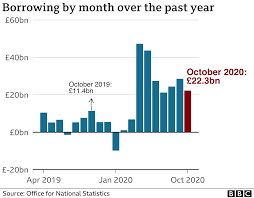The cost of getting a foot on the property ladder is increasing all the time, and with wages not keeping up with the cost of housing, it is getting harder to find an affordable mortgage. One way around this is for prospective homeowners to take out a joint mortgage with a family member or a friend. This may impact the names on the title deed, so here we will explain those options and the pros and cons of a joint mortgage.
Different kinds of joint ownership

If you are buying a property with someone else or a number of people, you will need to register the owners at the Land Registry. There are two ways to do this, as tenants in common or joint tenants. The ownership you choose will affect what you can do with the property if the relationship with your co-owner breaks down or one of you dies.
As tenants in common, you can own different-sized shares in the property, you can pass on your share in a will and your share does not automatically transfer to the co-owner if you die. As joint tenants, you own equal shares, your share transfers automatically to the other owner or owners on your death and you cannot pass on ownership in your will.
There is, of course, another option when you take out a mortgage with a family member or friend. They may be happy to contribute towards the mortgage but not to have their name on the title. If you are looking to be a joint borrower sole proprietor mortgage legal advice is essential so that everyone involved understands their responsibilities.
Joint borrower sole proprietor responsibilities
If a family member or friend is happy to apply some or all of their income to the mortgage application, this means they become jointly responsible for the debt as joint borrowers. In the case of family members, they may have been happy to provide backup support as a guarantor of sorts, either contributing to the regular monthly payments or being a source of last resort funds.
The difference here is that by adding their name to the mortgage application, the family member or friend becomes jointly liable for the debt. Moreover, they do not have the security of having part ownership of the property. The good news is there are no Stamp Duty implications for them.
Clearly, if you are thinking of becoming a joint borrower sole proprietor mortgage legal advice is vital and can be found at sites such as Parachute Law.
Borrowing levels can be increased
Lenders will typically allow a home purchaser to borrow between four and five times their household income. Naturally, they will take into account other outgoings, your credit rating and any dependents you may have. In some parts of the country, property can be valued at up to ten times average income, making the options for borrowers increasingly difficult. By adding another name to the mortgage application, and additional income, the buyers may be able to meet the criteria the lender has set for a larger loan.

So, in conclusion, there are some important issues to consider when borrowing with a friend or family member, and the property ownership is prime amongst them.
